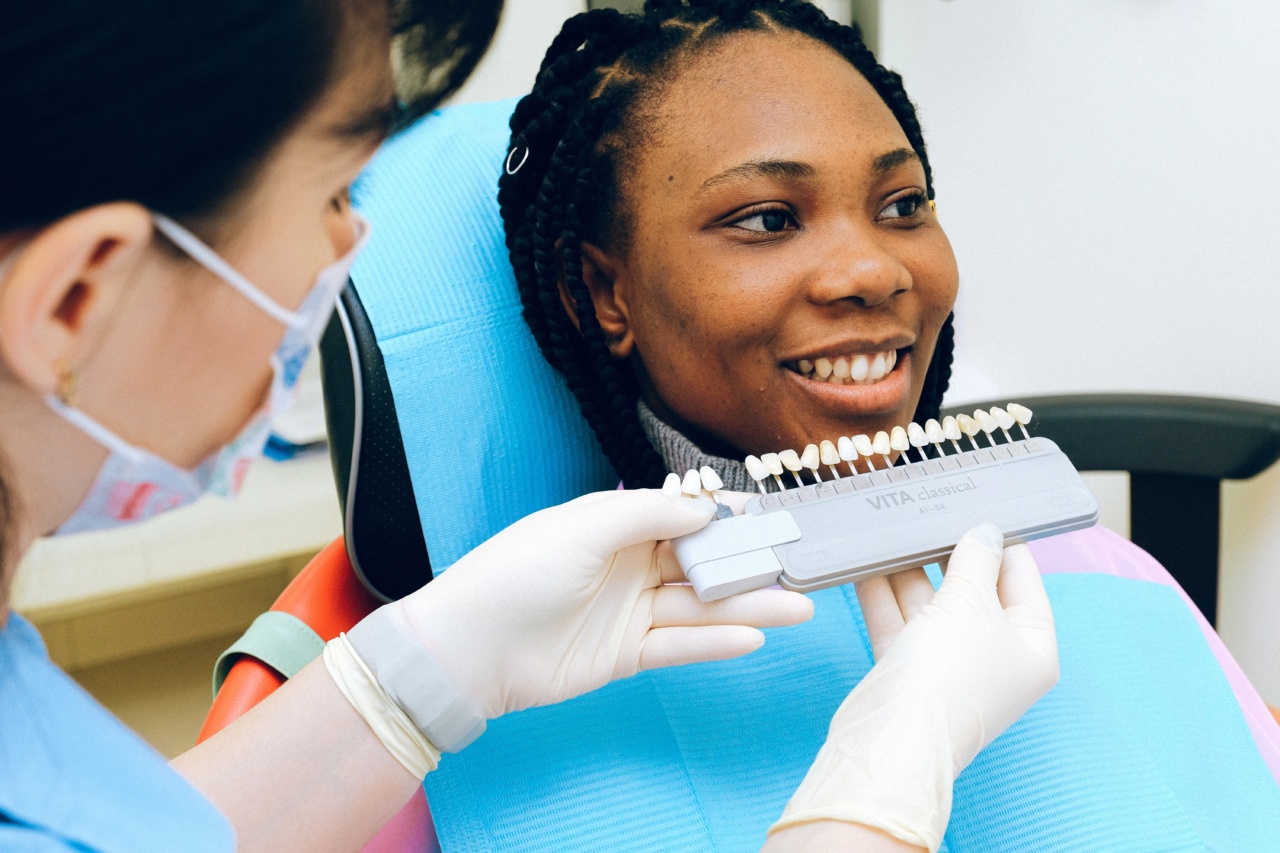Maintaining good oral health is crucial for overall well-being. But, despite our best efforts, we all experience mouth problems from time to time. Mouth sores, pain, and inflammation can be quite uncomfortable and reduce the quality of life.
Fortunately, there are effective ways to relieve the discomfort and promote healing. Here are some doctor-approved methods to treat your mouth easily.
Warm Saltwater Rinse
A warm saltwater rinse is perhaps the easiest way to alleviate mouth pain. Saltwater is antiseptic, and it can help to reduce inflammation and clean wounds.
Dissolve half a teaspoon of salt in a cup of warm water and swish it around your mouth for 30 seconds before spitting it out. Repeat several times a day or as needed.
Clove Oil
Clove oil is a natural anesthetic and anti-inflammatory that can relieve toothaches and sore gums. To use, soak a cotton ball in clove oil and apply it to the affected area for 10-15 minutes, or until the pain subsides.
Alternatively, you can mix a few drops of clove oil with a carrier oil like olive oil and use it as a mouth rinse.
Tea Tree Oil
Tea tree oil is antiseptic and anti-inflammatory, and it can reduce oral bacteria and plaque buildup. Mix a few drops of tea tree oil with water or carrier oil and use it as a mouthwash.
Do not swallow the solution, as tea tree oil can be toxic in high doses.
Aloe Vera
Aloe vera is a natural anti-inflammatory and wound healer that can help alleviate mouth sores and ulcers. Apply a small amount of aloe vera gel directly to the affected area several times a day or as needed.
Ice Pack
An ice pack can help to numb mouth pain and reduce inflammation. Place a small ice pack or a bag of frozen peas on the affected area for 10-15 minutes at a time. Alternatively, you can suck on an ice cube to help relieve pain.
Over-the-Counter Medications
Over-the-counter medications like Ibuprofen and acetaminophen can help to reduce pain and inflammation. Follow the directions on the label and do not exceed the recommended dosage.
Brush and Floss Regularly
Good oral hygiene is essential for maintaining healthy teeth and gums. Brush your teeth twice a day and floss once a day to remove food particles and plaque. Use a soft-bristled brush and fluoride toothpaste.
If you have braces or dentures, be sure to clean them regularly and according to your dentist’s instructions.
Avoid Tobacco and Alcohol
Tobacco and alcohol can irritate the mouth and increase the risk of developing oral cancer. If you smoke or chew tobacco, quit as soon as possible.
Limit your alcohol intake, and do not consume more than one drink per day if you are a woman or two drinks per day if you are a man.
Visit Your Dentist Regularly
Regular dental checkups are an important part of maintaining good oral health. Your dentist can identify and treat oral problems before they become serious.
Visit your dentist at least twice a year for cleanings and checkups, or more frequently if you have a history of dental problems.



























